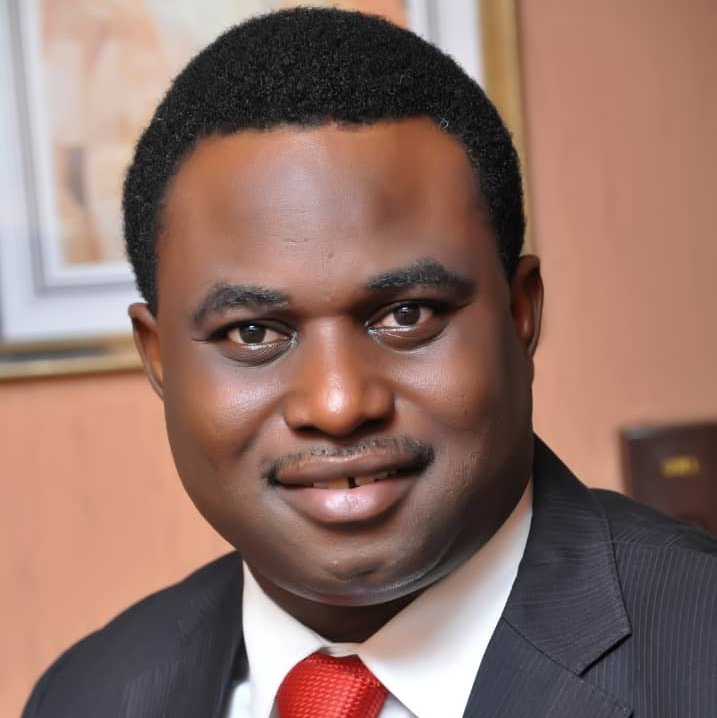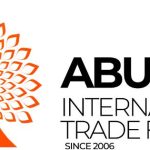The National Association of Proprietors of Private Schools (NAPPS) Nigeria has observed the growing concerns of parents about the rising cost of textbooks, especially in private schools. These concerns are genuine, but it is important to understand the issues at play so that solutions can be practical, fair, and beneficial to both parents and the education system at large.
It is instructive to note that textbooks, like every other commodity in our markets, are affected by inflation. The cost of printing materials, transportation, and logistics has increased sharply. This is why books today are far more expensive than they used to be.
A major difference between private and public schools lies in how these books reach students. In many public schools, state governments purchase books in bulk, rebrand them, and distribute them to learners at no cost. In private schools, however, there are no such government interventions.
Meanwhile, Publishers and authors often insist on selling through schools directly to prevent their books from being hijacked by piracy.
From our observations, pirated books are widely sold in open markets at cheaper rates. These copies are of poor quality and deny authors and publishers their rightful earnings. Sadly, piracy cases often drag in the courts for years due to the slow nature of our justice system.
This leaves publishers, who mostly fund their work with bank loans, heavily indebted. For this reason, many publishers now avoid open markets altogether and prefer schools as secure distribution points. Unfortunately, some of the middle men, often refer to as agents or marketers, are found inflating the cost of the books more than the publisher selling prices without the knowledge of the author or publisher. This must stop.
Another factor to consider is the number of books required. State schools often limit their lists to a few core subjects. In contrast, private schools adopt a wider range of textbooks to ensure quality education and broader exposure for children. While this adds to cost, it is aimed at raising standards and improving performance.
While we commend government policies on reusable textbooks, as seen in Ogun, Imo and some other states, we must also acknowledge the limits of this approach. For instance, books like Mathematics, English, or Science texts at higher levels can be reused, but nursery and lower primary pupils often work directly in their books by colouring, shading, or solving problems inside the pages. Such workbooks cannot be reused by siblings. Similarly, subjects like Technical Drawing, Verbal Reasoning and Quantitative Reasoning etc, require direct entries by students, making reuse impractical.
Some publishers, such as LearnAfrica, are introducing digital textbooks, which in theory should be cheaper. However, these come with hidden challenges. Parents must purchase tablets or laptops, provide online safety apps, and more importantly, monitor their children closely. Without strict supervision, which may be practically difficult for some parents, children may be tempted to visit harmful websites, including adult sites, instead of focusing on their lessons. There is also the risk of theft, damage, or misuse of devices, the replacement of which could further increase financial burdens on parents. So, while digital resources are promising, they are not yet a universal solution because of additional cost.
As an association, NAPPS believes the real way forward is for government to go beyond the reusable textbook idea and revive policies of the past. Government should consider bulk purchasing from publishers and redistributing to both state and private school learners, either free of charge or at heavily subsidised rates. Such large-scale intervention would help reduce costs and ensure wider access to quality textbooks.
Since we affirm that education is a fundamental right of every child, and because government is finding it difficult to fully fund schools or pay tuition for all children, it should at least support families with essential instructional materials like textbooks for children in both public and private schools. By doing so, parents will breathe easier, publishers will remain in business, schools will deliver better, and Nigeria will raise a better-educated generation to drive national development.
We should also consider investing in our paper mills and make them work again .
By
Chief Yomi Otubela, FCMA
National President, National Association of Proprietors of Private Schools (NAPPS) Nigeria












